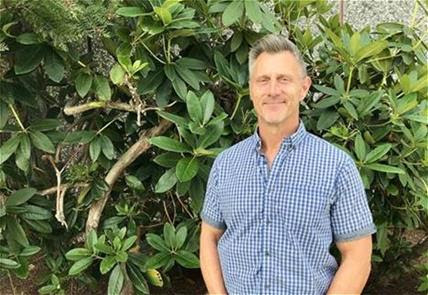He is Lane Killick and he began his career at North Cowichan in 2011 as a Building and Plumbing Inspector.
Currently, Killick is a Registered Building Official and certified Level 1 and 2 Plumbing Inspector with a Certificate in Local Government Administration.
The Chief Building Inspector role was recently re-established in the Development and Engineering Services Division to provide leadership and oversight for North Cowichan’s three building inspectors.
The Building Department has been increasingly busy over the last year, responding to a positive construction market that has seen the value of construction starts increase from 47 million dollars in 2017 to 67 million dollars in 2018.
Chief Administrative Officer, Ted Swabey said housing starts more than doubled from 2017 to 2018.
He said having a Chief Building Inspector leading the team will help the Municipality deliver excellent service to our growing community.






